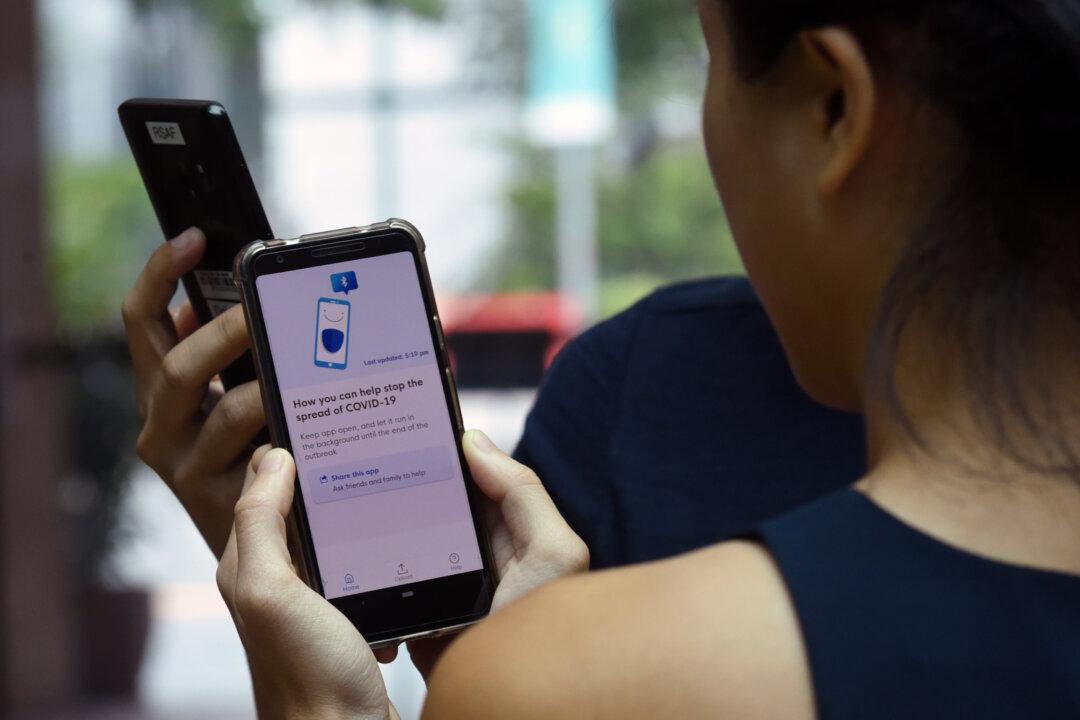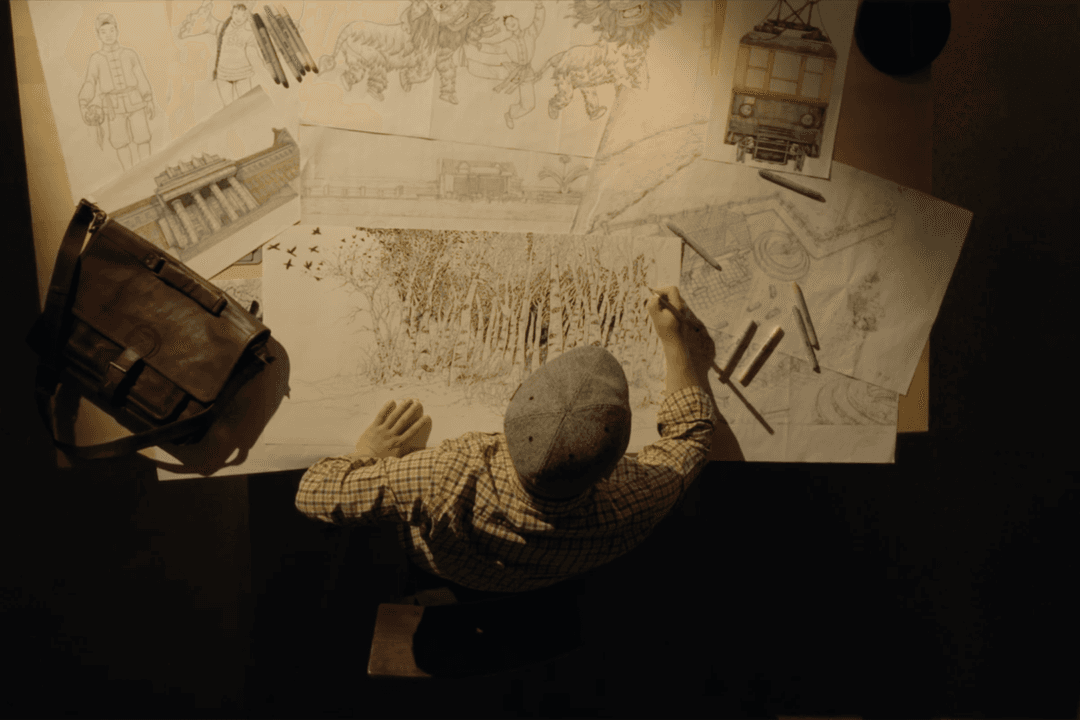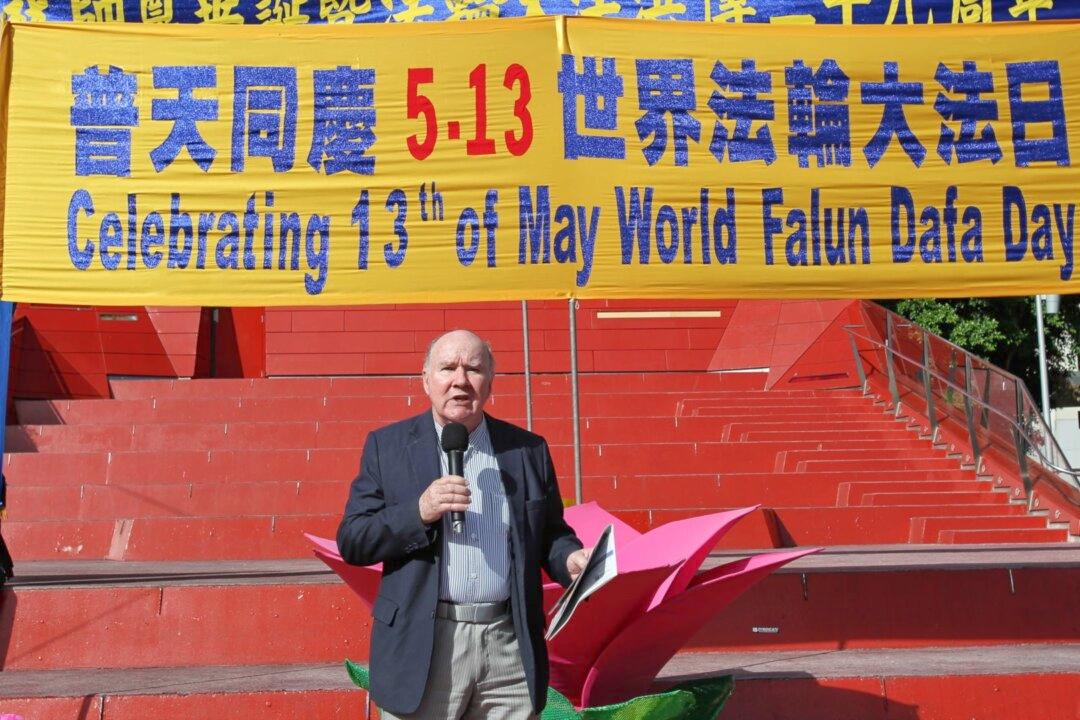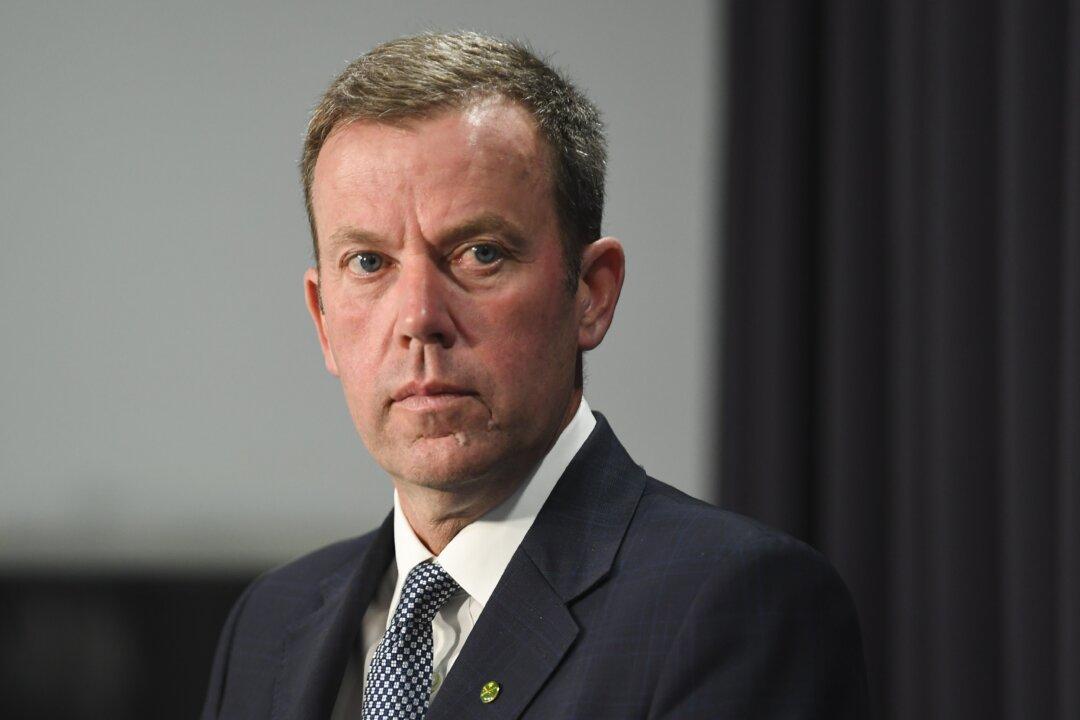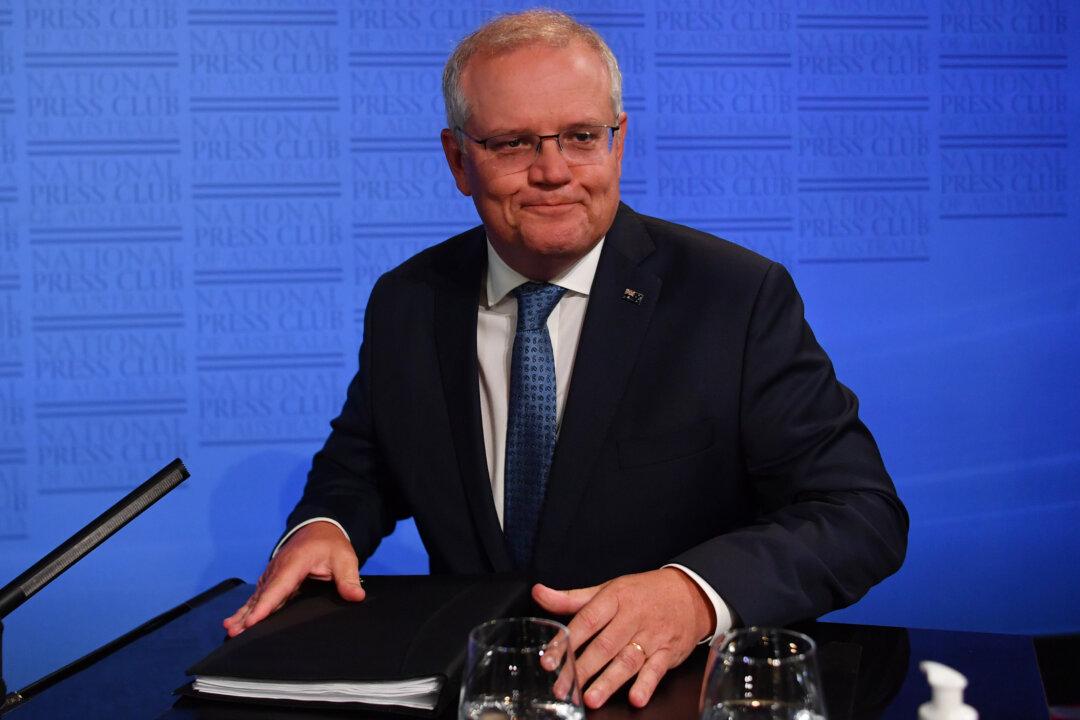Australian Minister for Government Services Stuart Robert addressed concerns that the federal government’s contact tracing app called “COVID Trace” will be an intrusion into people’s lives.
The comments come as Prime Minister Scott Morrison announced his government was preparing an app for Australians to consider voluntarily signing up to. “COVID Trace” has been met with a mixture of support and concern from politicians this week.
